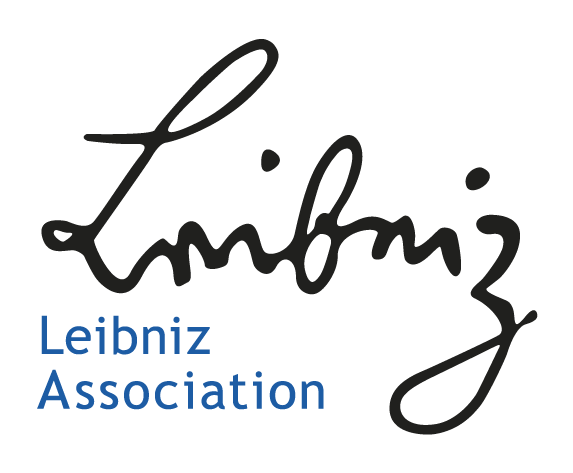Fibrosis appears during the aging process of an organism, but is also facilitated by an unhealthy lifestyle. Furthermore, tumor formation can be closely linked to fibrosis, as is apparent in liver cancer. In fibrosis, proteins, especially collagens, accumulate in the cells of organ tissue which can lead to hardening of the tissue or even organ failure. This can affect lungs, heart, kidney or liver. In cancer patients, the formation of tumors is often preceded by fibrosis in the affected organ, especially in liver carcinomas such as hepatocellular carcinoma (HCC), a cancer that is often fatal.
Researchers from Heidelberg, Dortmund, Braunschweig and Aachen investigated together with the molecular biologist Professor Alfred Nordheim of the Interfaculty Institute of Cell Biology of the Eberhard Karls University Tübingen and Scientific Director of the Leibniz Institute on Aging – Fritz Lipmann Institute (FLI) in Jena, the development and progression of liver cancer in mice and identified the group of anti-fibrotic microRNAs involved in this process.
Inactivation of microRNAs leads to fibrosis
The identified microRNA molecules (miRNA) inhibit the formation of collagens and other proteins associated with fibrosis. In a healthy state, they thus prevent the formation of fibrosis in the liver. During carcinogenesis, however, those miRNAs are switched off (inactivated) so that fibroses occur which promote the progression of liver carcinoma.
The research team analyzed additional data from already existing tumor databases and found these miRNA molecules to be suppressed also in breast and lung cancer in humans. Further research has to show if this inactivation of microRNAs is also relevant in fibrosis of the elderly.
Control through microRNA network
PhD students Ivana Winkler and Catrin Bitter from Tübingen showed that the microRNA molecules cooperate in a network of different microRNAs that is controlled by the regulator protein PPARγ. Only this interaction prevents the formation of fibroses. It is currently investigated in a mouse model if this central control by PPARγ can serve as therapeutic target; i.e. if the formation of fibrotic tissue in patients can be reduced by a pharmacological activation of PPARγ.
The project has been carried out by the Nordheim research group in cooperation with colleagues from the Department of Computer Science of the University of Tübingen, the German Cancer Research Center (DKFZ) in Heidelberg, the Leibniz Research Centre for Working Environment and Human Factors (IfADO) in Dortmund, the Helmholtz Centre for Infection Research in Braunschweig, and the Institute of Molecular Pathobiochemistry, University Hospital Aachen. The work was funded by the German Cancer Aid (Project 109886) and the German Research Foundation (DFG; SFB/TR 209 (Project ID 314905040), Subproject B02), among others.
Publication
Winkler I, Bitter C, Winkler S, Weichenhan D, Thavamani A, Hengstler JG, Borkham-Kamphorst E, Kohlbacher O, Plass C, Geffers R, Weiskirchen R, Nordheim, A. Identification of Pparγ-modulated miRNA hubs that target the fibrotic tumor microenvironment. Proceedings of the National Academy of The Sciences of the United States of America 2019, www.pnas.org/cgi/doi/10.1073/pnas.1909145117
Contact
Magdalena Voll
Press and Public Relations
Phone: 03641-656373, email: presse@~@leibniz-fli.de








